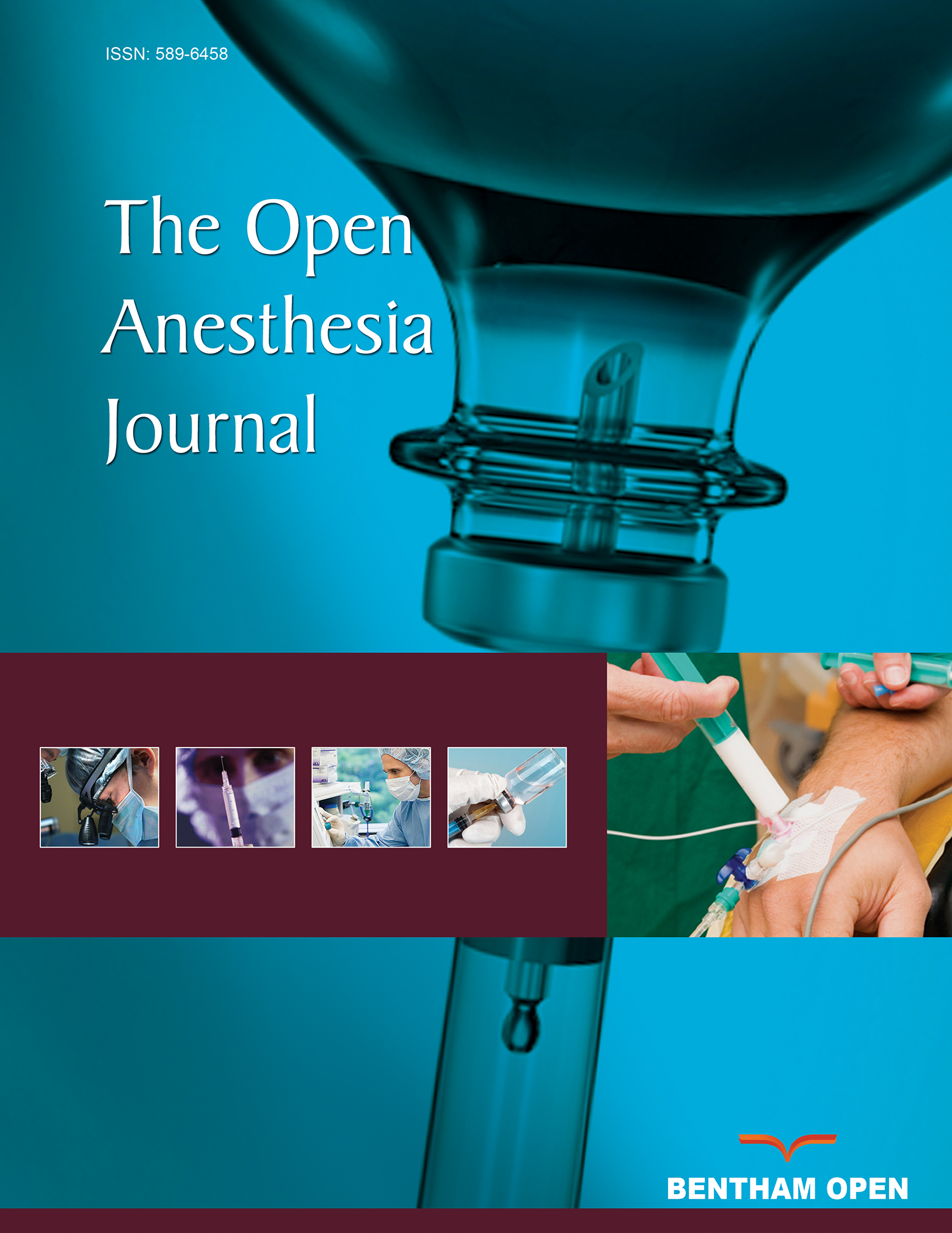All published articles of this journal are available on ScienceDirect.
GlideScope® Tracheal Intubation with and without Muscle Relaxation: A Prospective, Randomized Clinical Trial
Abstract
Purpose:
GlideScope® videolaryngoscope (GVL, Verathon Medical Inc., Bothell, WA, USA) assisted orotracheal intubation is a useful technique for patients who are difficult to intubate, but who can be mask ventilated. The effect of muscle relaxants on the success of GVL intubation has not been evaluated. The authors conducted a prospective, placebo- controlled study to assess the effectiveness and incidence of complications of GVL-assisted tracheal intubation performed during general anesthesia with and without the use of a muscle relaxant in patients with seemingly normal airway anatomy.
Material and Methods:
52 patients who required orotracheal intubation were prospectively included. Anesthesia was induced using midazolam (0.01-0.03 mg/kg), fentanyl (1-3 µg/kg) and propofol (1-3 mg/kg). Patients were randomly assigned to one of two groups to receive rocuronium 0.6 mg/kg (n = 26 for rocuronium group) or saline intravenously (n = 26 for placebo group). GVL-assisted intubation was initiated after 90 s. The number of successful intubations, the number of attempts and their duration were recorded. Events during the procedure, such as airway trauma, blood pressure changes and movements were also recorded.
Results:
The success rate of GVL intubation was 100% in the placebo group and 100% in the rocuronium group. Patients in both groups received the same number of intubation attempts and the intubation time were alike (53± 15 vs. 55 ± 18 s; p=0.63). The Placebo group experienced a greater incidence of events during intubation (81 vs. 35%; P < 0.001) than patients in the rocuronium group.
Conclusions:
Omitting muscle relaxants in patients with apparently normal airways is not associated with a higher failure rate, increased intubation attempts or intubation time when performing GVL assisted orotracheal intubation, but is associated with a higher rate of patient movement.


